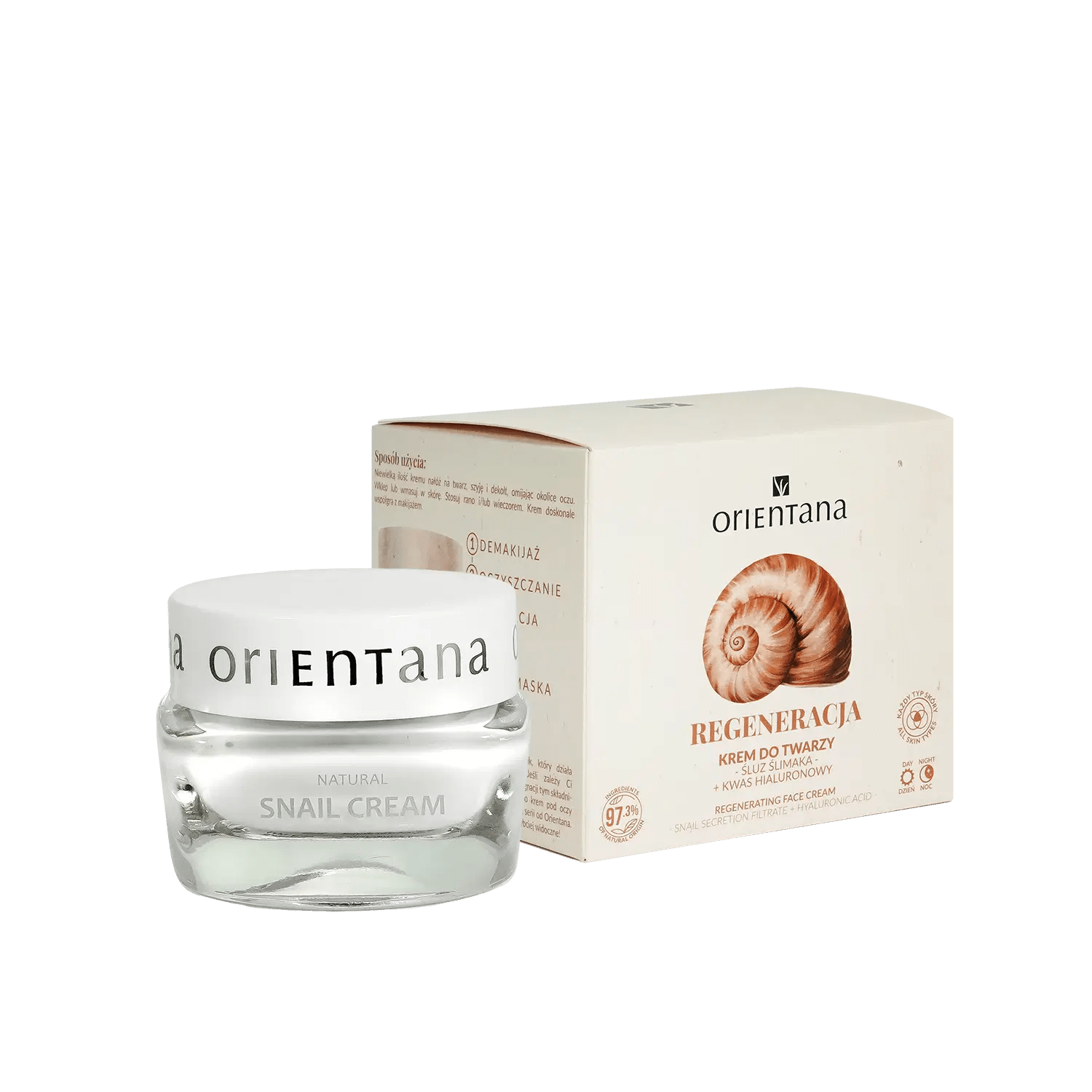FAQ – most frequently asked questions about SLS
Is SLS “toxic”?
No. The problem is local irritation at certain concentrations and conditions of use. Therefore, SLS is used in studies as a positive irritation control.
What are the tangible effects of SLS irritation?
Increased transepidermal water loss (TEWL), dryness, erythema, and pruritus. This phenomenon depends on the concentration and contact time.
Is SLES much better than SLS?
Typically gentler, but still may not be suitable for reactive skin; the entire formula and usage practice (frequency, contact time, pH, co-surfactants) are important.
Is SLS banned in the EU?
No. It is permitted; safety ratings (CIR) indicate safety in rinse-off products and limits for leave-on use (~1%). Orientana's decision to eliminate SLS is pro-skin, not legal.
Should sensitive people avoid SLS?
If you have sensitive/reactive skin, atopic dermatitis or a tendency to dryness – yes, consider avoiding and choose glucoside/amino acid systems and moisturizing additives.
What are the practical, gentle alternatives in Oriental?
Natural ingredients: Sodium Cocoamphoacetate, Coco-Betaine, Caprylyl/Capryl Glucoside, (Di)Sodium Cocoyl Glutamate + soothing ingredients (e.g. betaine, inulin, gluconolactone).
Can low sulfate be OK?
In some market formulas, reduced sulphate concentrations and good co-surfactants improve tolerance, but Orientana's philosophy is to not use SLS/SLES at all, because mild alternatives provide similar effectiveness without unnecessary risk.
Is sodium lauryl sulfate carcinogenic?
No. This is a myth often repeated online. SLS is not carcinogenic and is not classified as a carcinogen in the EU or the US. The problem is its local irritation, not systemic toxicity.
Can SLS be used daily?
This is not recommended for sensitive or dry skin. Regular contact with SLS can disrupt the hydrolipid barrier and increase water loss through the skin. Dermatologists recommend choosing gentle cleansers for daily care.
Are SLS and SLES the same?
No. Sodium Laureth Sulfate (SLES) is a derivative of SLS that, thanks to the ethoxylation process, has a milder effect. However, it can still irritate reactive skin, which is why natural brands—including Orientana—do not use either SLS or SLES.
Is SLS only found in cosmetics?
No. SLS is also widely used in household products: dishwashing liquids, cleaning products, and laundry detergents. This demonstrates how powerful this detergent is and why it shouldn't be a daily skincare ingredient.
Does SLS harm hair?
It can dry out the hair fiber and irritate the scalp. Frequent use of shampoos containing SLS can cause hair to become dull, rough, and brittle. That's why Orientana uses gentle glucosides and amino acid surfactants that cleanse effectively without damaging the hair structure.
Can children use cosmetics with SLS?
This is not recommended. Children's skin is thinner and more susceptible to dryness. Therefore, cosmetics for children should be free of harsh detergents and contain only gentle cleansing ingredients.
Why do manufacturers still use SLS?
SLS is very inexpensive to produce and produces a rich lather, which consumers associate with "thorough cleansing." These are the main reasons for its popularity. Premium and natural brands are increasingly abandoning this compromise, opting for gentler and more expensive alternatives.
Can you be allergic to SLS?
Yes. While irritation is the most common cause, some people may develop contact dermatitis after exposure to SLS. This manifests as redness, itching, and peeling of the skin.
Are “SLS-free” cosmetics really gentle?
Not necessarily. It depends on the entire formula – the type of other surfactants, pH, and skincare additives (e.g., glycerin, betaine, inulin). Therefore, it's worth choosing brands that clearly declare their philosophy of creating gentle formulas, such as Orientana.
Which Orientana cosmetics are SLS-free?
Word from a trichologist:
SLS (Sodium Lauryl Sulfate) is an effective detergent, but with a high irritating potential: it increases TEWL and is a pattern of irritation in dermatological tests.
It is not banned in the EU; safety depends on the concentration and type of product – in rinse-off products it is sometimes acceptable, in leave-on products limits are recommended.
PubMed
Orientana consistently does not use SLS/SLES, focusing on mild surfactants (glucosides, amino acids, amphoteric) and barrier and microbiome support.







